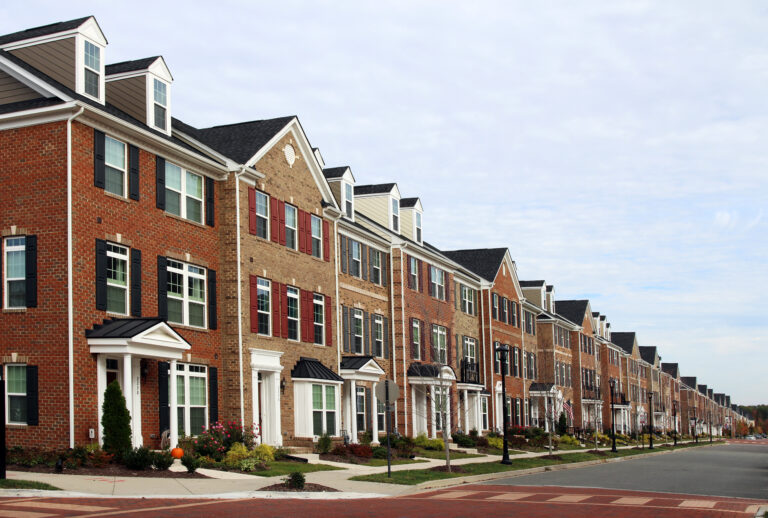Bias inherent to the criminal-legal system has caused people of color—particularly Black, Latino, and Native people—as well as people with disabilities and members of the LGBTQ+ community, to be disproportionately impacted by the criminal-legal system. People impacted by the criminal legal system face significant barriers to housing and are at increased risk of homelessness. One study showed returning individuals without stable housing are twice as likely to recidivate than those in stable housing; another showed that people who have experienced incarceration are seven times more likely to experience homelessness than the general population.

At the federal level, much of HUD’s guidance on evaluating current and potential tenants with conviction histories is advisory rather than mandatory. As a result, Public Housing Authorities (PHAs) and project owners can develop their own tenant selection criteria, which can create barriers to housing for people with criminal legal histories.
Access to housing is crucial for long-term reentry success. The Reentry Working Group advocates for increased housing access before both Congress and the Administration and has made specific recommendations for remediating barriers to housing and increasing funding to expand housing opportunities for individuals who are reentering. It also advocates against federal policies and programs that reduce access to housing for people with criminal legal histories.
At the federal level, much of HUD’s guidance on evaluating current and potential tenants with conviction histories is advisory rather than mandatory. As a result, Public Housing Authorities (PHAs) and project owners can develop their own tenant selection criteria, which can create barriers to housing for people with criminal legal histories.
Access to housing is crucial for long-term reentry success. The Reentry Working Group advocates for increased housing access before both Congress and the Administration and has made specific recommendations for remediating barriers to housing and increasing funding to expand housing opportunities for individuals who are reentering. It also advocates against federal policies and programs that reduce access to housing for people with criminal legal histories.
To learn more about reentry housing policy and download related resources, please click through the tabs below or visit the Department of Housing and Urban Development’s (HUD) webpage outlining federal reentry housing policy.
In-depth report published in 2018 by the National Housing Law Project intended to be used as a ‘comprehensive resource to assist advocates who are representing individuals with criminal records in their efforts to obtain housing’. Download here
Organizer & advocate toolkit published in 2019 by the National Housing Law Project. Download here
When Discretion Means Denial: A National Perspective on Criminal Records Barriers to Federally Subsidized Housing
Report published in February 2015 by the Shriver Center on Poverty Law. Download here